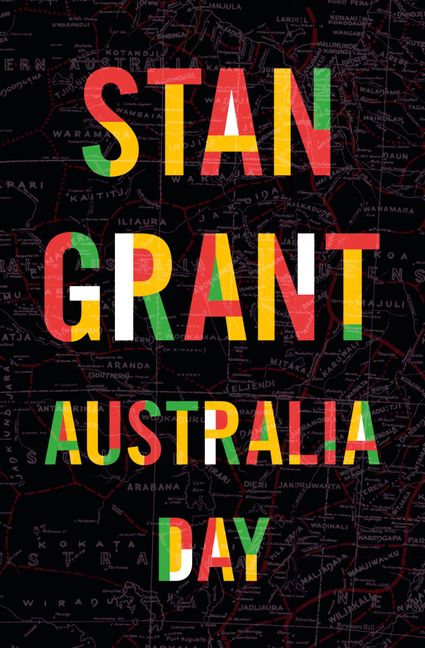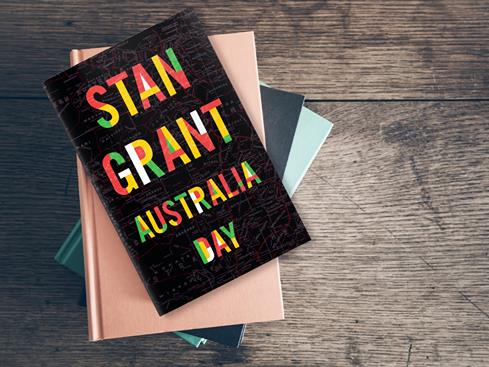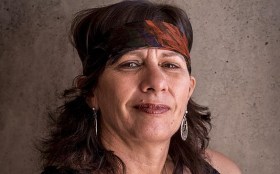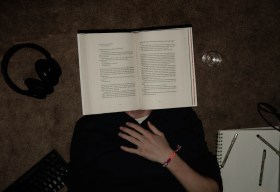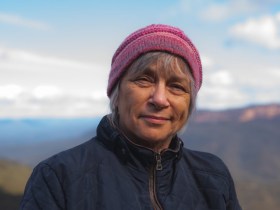Stan Grant is a remarkable person and he has written a remarkable book: one which is part memoir, part essays and speeches, and part philosophical musings. He describes himself as an Australian of Wiradjuri, Gamilaroi and Irish heritage and writes that people like him ‘are sometimes referred to as shamrock Aborigines’. At the heart of this book is the question Grant poses: ‘What is it to be Australian? I look at land, family, race, history and nation – five things that go to my identity.’ In Grant’s opinion, the answer to that question should determine how we commemorate Australia Day.
Grant is experienced and successful. He served as a foreign correspondent in Abu Dhabi, Hong Kong and Beijing. He worked for the ABC and SBS. In 1994, employed by the Seven Network, he won the Logie for the presenter of a current affairs programme. And yet he remains conflicted because he feels his acceptance by established society is bestowed in spite of his family history. This is not surprising given his grandfather was jailed for talking in his native Wiradjuri language to Grant’s father. ‘My family’, Grant writes, ‘has suffered through generations, lived at the coalface of bigotry and poverty. I was born into a life on the margins.’ The fact that right now so many Aboriginal people are treated little better than Grant’s ancestors exacerbates the issue.
This dichotomy prompts him to seek what philosophers have to say. He refers to Hegel, Kant, Nietzsche, Sen, Camus, Brudholm and Rawls, among others. ‘Reading philosophy, great thinkers like John Locke, David Hume and John Stuart Mill, is the reason that I recoil from the latter-day denunciation of the Western tradition’, he writes. ‘These thinkers laid the platform for liberalism, democracy, human rights, globalisation, and yes, patriarchy, white privilege, structural inequality.’ Grant’s message is that we should accept what is good about liberal democracy. He does not use such a banal phrase as ‘don’t throw out the baby with the bathwater’ but that is what he means. He mounts a strong argument for accepting the good, regardless of origin, and rejecting the bad. And Grant contends that would be helped, indeed it would be essential, if we were to stop discriminating against people on the basis of race and gender.
Grant’s Indigenous ancestry and his experiences as a young Aboriginal man are, by his own pen, as much a part of him as his success. He asserts that he loves Australia, and he is deeply influenced by what happened to his Aboriginal forebears and his younger self. And while he does forgive the perpetrators for their past behaviour, he cannot obliterate this terrible history from his memory while so many Indigenous Australians are not treated as fully equal members of Australian society. He suggests some of the ways that could lead to all Australians being treated equally, but points out we have a long, long way to go. Our unresponsive reaction to the Uluru Statement – that cry from the heart by so many Indigenous people – is but one cogent example of the lack of progress that Grant mentions.
At the conclusion of one of Grant’s speeches he says, ‘one day, I want to stand here and be able to say as proudly and sing as loudly as anyone else in this room, Australians all, let us rejoice.’ And in Grant’s view that can only happen when all Australians are on an equal footing in terms of land, family, race, history and nation.
4.5 stars out of 5 ★★★★☆
Australia Day by Stan Grant
Publisher: HarperCollins
ISBN: 9781460753187
Format: Paperback
Pages: 272
Release Date: 15 April 2019
RRP: $34.99
